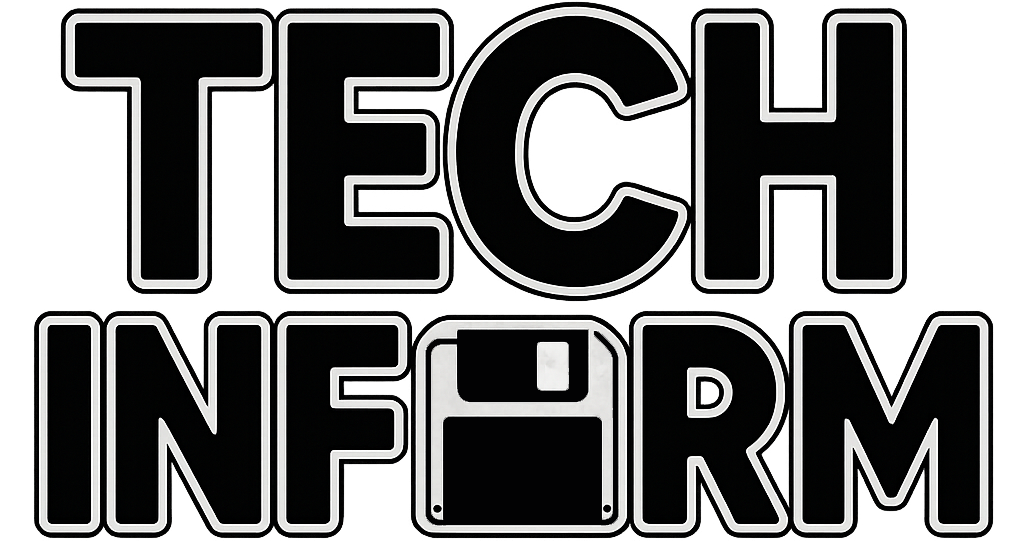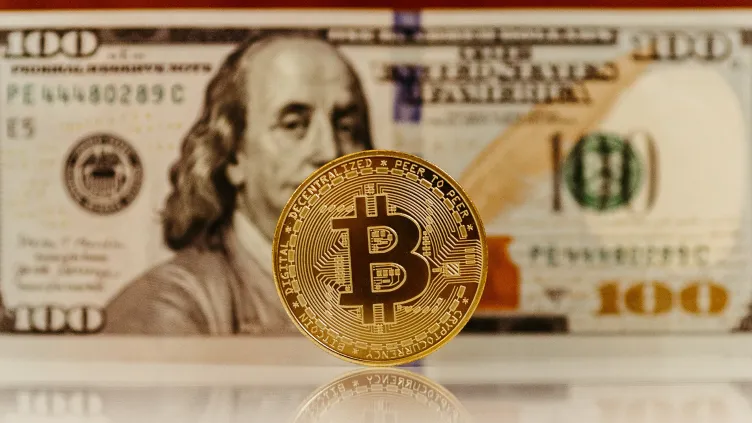"So…what is Bitcoin, really?"
We got to talking the other night, and my wife asked the one question that always trips people up. Not because it’s hard to understand once you get it—but because Bitcoin is notoriously tricky to explain without sounding like you’ve joined a digital gold cult.
She already knew the basics: it's digital money, people buy it, the price goes up and down. But like most people, she never really got it. So I gave it my best shot—simple, straight, and hopefully useful.
What Bitcoin Actually Is (The Version You Can Say at a Party)
Here’s the description I landed on:
Bitcoin is digital money that lives on a giant public spreadsheet called the blockchain. Instead of a bank keeping track of who has what, that spreadsheet is shared with thousands of computers around the world. Every time someone sends or receives Bitcoin, it’s like writing a line in that spreadsheet. And everyone checks to make sure it’s legit.
No banks. No middlemen. No "trusted third party."
It’s like cash for the internet—you hold it, you send it, and no one needs to approve the transaction. But unlike cash, it can cross borders in minutes, and everyone can verify it happened.
What’s This “Mining” Thing Then?
At this point, she asked, “Okay but how does new Bitcoin get made?”
That’s where mining comes in.
Bitcoin mining is how new coins are created and how the network stays secure. Imagine thousands of computers around the world racing to solve a really hard puzzle. The first one to solve it gets to add the next block of transactions to the blockchain—and as a reward, they earn some newly minted Bitcoin.
These computers (called miners) are doing intense math to verify transactions and keep the whole system honest. It’s like a competition, and the prize is Bitcoin.
That’s also why Bitcoin uses a lot of energy—it takes a ton of computing power to compete in that race. But over time, the system adjusts to keep things fair and predictable.
And here’s the kicker: the reward gets cut in half every few years. That’s built into the code. Eventually, no more new Bitcoin will be mined—just the fixed 21 million that can ever exist.
Wait—There Are Other Cryptocurrencies Too?
This is where a lot of folks get surprised. Bitcoin was the first, but it’s far from the only one.
There are now thousands of cryptocurrencies out there. Some are legit projects trying to solve real problems. Others... not so much. Here are a few names that actually matter:
- Ethereum (ETH): This one’s huge. Instead of just money, Ethereum lets people run apps and smart contracts on its blockchain—like mini programs you can’t shut down.
- Solana (SOL), Cardano (ADA), Avalanche (AVAX): These are sometimes called "Ethereum competitors." They focus on being faster or more scalable.
- Stablecoins (like USDC or USDT): These are tied to the dollar. One coin = one dollar. Super useful for trading or sending money without volatility.
- Dogecoin (DOGE) and meme coins: These started as jokes but gained traction thanks to internet culture. Yes, really.
Crypto isn’t just one thing anymore. It’s a full-on ecosystem. There are payment coins, platforms, tokens for games and art, and even coins that represent real-world assets.
And while plenty of projects are hype-driven or outright scams, a growing number are building tools that could power everything from finance to social media to identity.
Why Bitcoin Was Created
After the 2008 financial meltdown, some folks were fed up with the way money worked. One person (or maybe a group) calling themselves Satoshi Nakamoto dropped a whitepaper in 2009 with a bold idea: What if money didn’t come from governments or banks at all? What if it came from code?
Bitcoin was born as a protest. A kind of financial escape hatch. And while it started as a niche nerd experiment, it’s turned into something much bigger.
Why People Still Care (And Why Maybe You Should Too)
This is the part that clicked for her. She asked, "But why would anyone use this instead of, like, Venmo?"
Here’s what I told her:
- It’s limited: Only 21 million Bitcoins will ever exist. No one can make more. That gives it built-in scarcity, like gold.
- It’s global: Anyone with internet access can use it. No banks. No ID checks.
- It’s public: Every transaction is on the blockchain. You can see it all. Total transparency.
- It’s secure: The network has never been hacked. It’s one of the most secure computing systems in the world.
For people in unstable economies, this isn’t theoretical. Bitcoin is a way to preserve savings, avoid corrupt banks, or send money across borders without fees or middlemen.
How It Feels to Use It (From "Ugh" to "Okay That’s Cool")
I showed her how I send Bitcoin using a mobile wallet. It wasn’t perfect—you need to scan a QR code or copy a long address, double check everything, and wait a bit. And sometimes the fees spike, which is annoying.
"So it’s like sending money in slow motion?" she asked.
"Kinda," I said. "But no one can block it. That’s the point."
There are also cool updates happening. Apps like Strike make it feel instant, and some tools let you spend Bitcoin with a debit card. It’s not grandma-simple yet, but it’s come a long way.
Trevor Score: 8/10 — Big Idea, Surprisingly Practical
This isn’t a formal review—it’s just how I felt learning and explaining Bitcoin. A gut-check from someone who finally got it to click (after years of kind-of-getting-it).
It’s still not the most intuitive thing. But once you understand the why, it’s hard to unsee. Bitcoin isn’t about getting rich. It’s about rethinking how trust and money could work in a digital age.
Final Verdict: Bitcoin Is Worth Understanding (Even If You Never Buy It)
She said, "Okay, I think I actually get it now."
You don’t need to become a crypto trader. But knowing what Bitcoin is gives you a window into where the world might be heading. Especially as money, identity, and the internet keep crashing into each other.
And if someone asks you, you can say this:
"Bitcoin is digital money you can send without a bank. It lives on a public record that anyone can check, and no one controls. It’s scarce, secure, and global. And it’s created through a competitive digital process called mining. And by the way, it’s just one piece of a much bigger world of crypto."
Closing Line
Big shoutout to my wife for asking the simple question that turns out to be the hardest to answer. Next time, she’s explaining NFTs.

